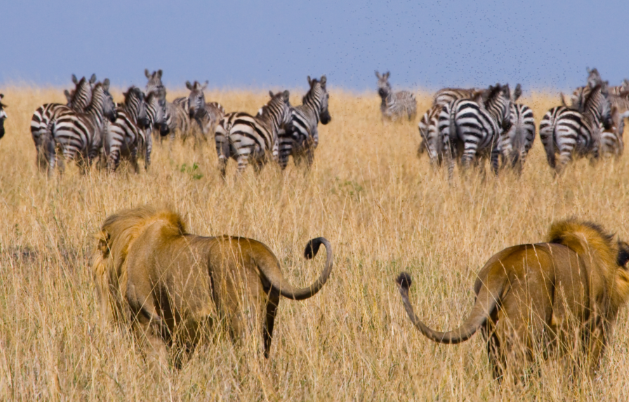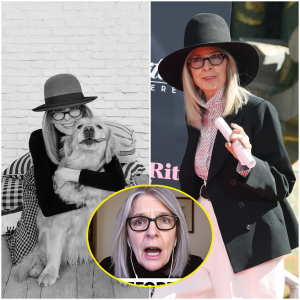
In the vast and diverse landscape of South Africa, conservation efforts often find themselves at the intersection of tradition, economics, and ethics. One of the most contentious practices within this realm is cull hunting. This method involves selectively reducing the population of certain species to manage their numbers and mitigate ecological imbalances. However, the moral and ecological implications of cull hunting have sparked heated debates, leaving many to question whether it is a beneficial or detrimental practice.
Cull hunting is primarily employed in instances where a particular species’ population has exceeded the carrying capacity of its habitat. In South Africa, this is frequently the case with species such as elephants, antelope, and even certain predators like lions. When left unchecked, overpopulation can lead to habitat degradation, resource depletion, and increased human-wildlife conflicts.
To address these challenges, wildlife authorities issue permits for culling, allowing licensed hunters to selectively remove animals from the population. The meat from these hunts is often utilized for local consumption or sold commercially, providing both a source of revenue and a means of population control.
Proponents of cull hunting argue that it serves as a necessary tool for wildlife management and conservation. By controlling populations, culling helps maintain the ecological balance within ecosystems, preventing the depletion of resources and safeguarding biodiversity. Additionally, revenues generated from cull hunts can contribute to conservation efforts, funding habitat restoration, anti-poaching initiatives, and community development projects.
In regions where wildlife populations are thriving beyond sustainable levels, cull hunting can also help reduce human-wildlife conflicts. By managing numbers proactively, authorities can mitigate the risk of crop damage, livestock predation, and threats to human safety, fostering greater harmony between communities and wildlife.
Despite its purported benefits, cull hunting faces staunch opposition from animal welfare advocates and conservationists alike. One of the primary criticisms revolves around the ethics of selectively killing animals for population control. Critics argue that culling disrupts natural processes and imposes unnecessary suffering on sentient beings, undermining principles of animal welfare and respect for life.
Moreover, concerns have been raised regarding the potential for cull hunting to perpetuate a cycle of exploitation. Critics contend that commercial interests often drive the practice, with profits taking precedence over conservation objectives. This commercialization of wildlife management can incentivize the over-harvesting of animals and compromise the integrity of ecosystems in the long term.

As with many complex issues, the debate surrounding cull hunting in South Africa is not easily resolved. Balancing the ecological necessity of population control with ethical considerations and sustainable management practices requires careful deliberation and collaboration among stakeholders.
Efforts to minimize the negative impacts of cull hunting include implementing strict regulations and monitoring mechanisms to ensure that hunts are conducted responsibly and ethically. Emphasis should also be placed on exploring alternative methods of population management, such as fertility control and translocation, which offer less invasive means of achieving conservation goals. However, these methods are not always achievable or practicable, as relocation can be expensive and sometimes animals don’t survive the process, or they may move back to their original location.
Ultimately, the question of whether cull hunting in South Africa is a good or bad thing depends on the context in which it is practiced and the effectiveness of its implementation. By engaging in informed dialogue and prioritizing the well-being of both wildlife and ecosystems, stakeholders can work towards solutions that strike a balance between conservation imperatives and ethical considerations.
Ready to embark on your next hunting adventure? Look no further! Book your ultimate hunt with us today and experience the thrill of the wilderness like never before.
Whether you’re a seasoned hunter or a novice, Outfitter, Big Five Registered Professional Hunter Kobus Davel will ensure an unforgettable experience. Don’t miss out on the opportunity to bag your trophy.
Reserve your spot now and let’s make memories that will last a lifetime!
See our latest hunting packages.










